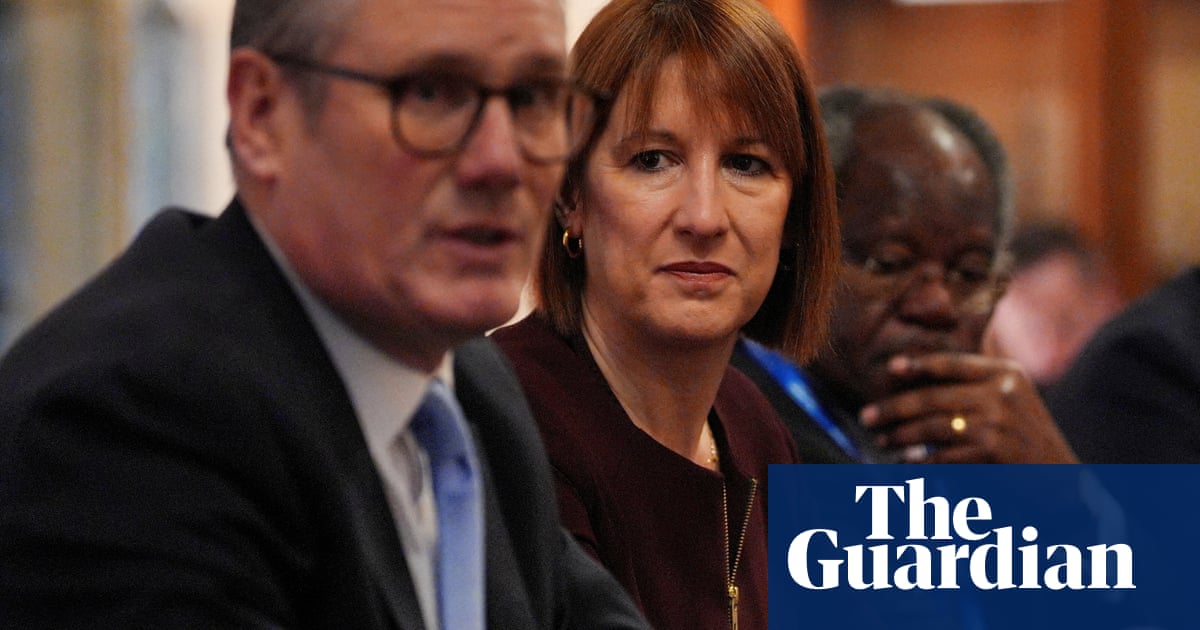Labour’s flagship child poverty strategy has been delayed until at least the autumn amid concerns at the top of government that the financial cost of key proposals outweighs the political benefit, even though tens of thousands more children will fall into poverty as a result.
The strategy, which is being led jointly by Liz Kendall, the work and pensions secretary, and Bridget Phillipson, the education secretary, was due to be published in the spring and had been expected to include a recommendation to scrap the controversial two-child benefit cap.
However, the Guardian has been told that the chancellor,Rachel Reeves, and Morgan McSweeney, Keir Starmer’s chief of staff, have pushed the strategy back to at least the autumn budget and possibly later. Reeves is understood to be concerned about the cost implications while McSweeney has questioned the political benefits.
The prime minister has said privately that he wants the option of scrapping the two-child limit kept on the table, and is understood to regard it as a personal priority, as well as a way of demonstrating Labour’s commitment to tackling child poverty and reassuring his backbenchers before a difficult vote on welfare cuts next month.
However, sources said McSweeney was opposed to the move, arguing that while it would be popular with Labour MPs, the public viewed it as an issue of fairness. “He doesn’t think they would be getting enough political capital with voters as a result of the money they would have to put in,” one source said.
A No 10 source denied there was any split between the prime minister and his chief of staff over the two-child limit on universal credit – and said that McSweeney was not responsible for the delay. They said the policy was being considered as part of the strategy but that no final decision had been made.
“The government is determined to bring down child poverty. We’re not waiting to act,” the source added, pointing to measures already announced by the government, including the expansion of free breakfast clubs, a cap on school uniform items and increasing the national minimum wage.
Experts say that scrapping the limit would be the single most effective way of reducing child poverty. They say about 100 children are pulled into poverty every day by the limit, meaning up to 20,000 could be affected by a six-month delay. In addition, the benefit cap pushes 30,000 children into deep poverty when parents’ capacity to work is limited.
There are concerns inside government that any further delay in acting on the limit beyond the autumn budget would mean the impact of scrapping it would not be felt before the next election, further reducing the political arguments for making the change.
Sources suggested the chancellor did not want to commit to the estimated £2.5bn cost of scrapping the limit before knowing the total bill for other social security measures, which will be linked to September’s inflation figures and come into effect next April.
Ministers are planning to announce a package of up to £750m to tackle child poverty at the spending review in June, the Guardian understands, although the final figure is yet to be agreed.
It is expected to focus on measures to tackle the root causes of poverty, such as work, affordable housing and education. However, sources suggested this could include “rebadging” existing commitments “but putting child poverty in the press release”.
Reeves hinted in aninterview with the Guardianlast week that the government was planning policies to tackle child poverty. “I want to lift people out of poverty, particularly I want to lift children out of poverty, and of course, we’ll set out more plans to do that,” she said.
Thecuts to disability benefitsannounced in the spring statement have caused consternation among Labour MPs, dozens of whom are preparing to rebel against the policy in the vote expected next month. Backbenchers say more than 100 MPs have signed a private letter telling Labour whips they are unable to support the cuts.
Seven Labour MPs were suspended from the whip for voting against the government on the two-child benefit cap in the king’s speech in July.
